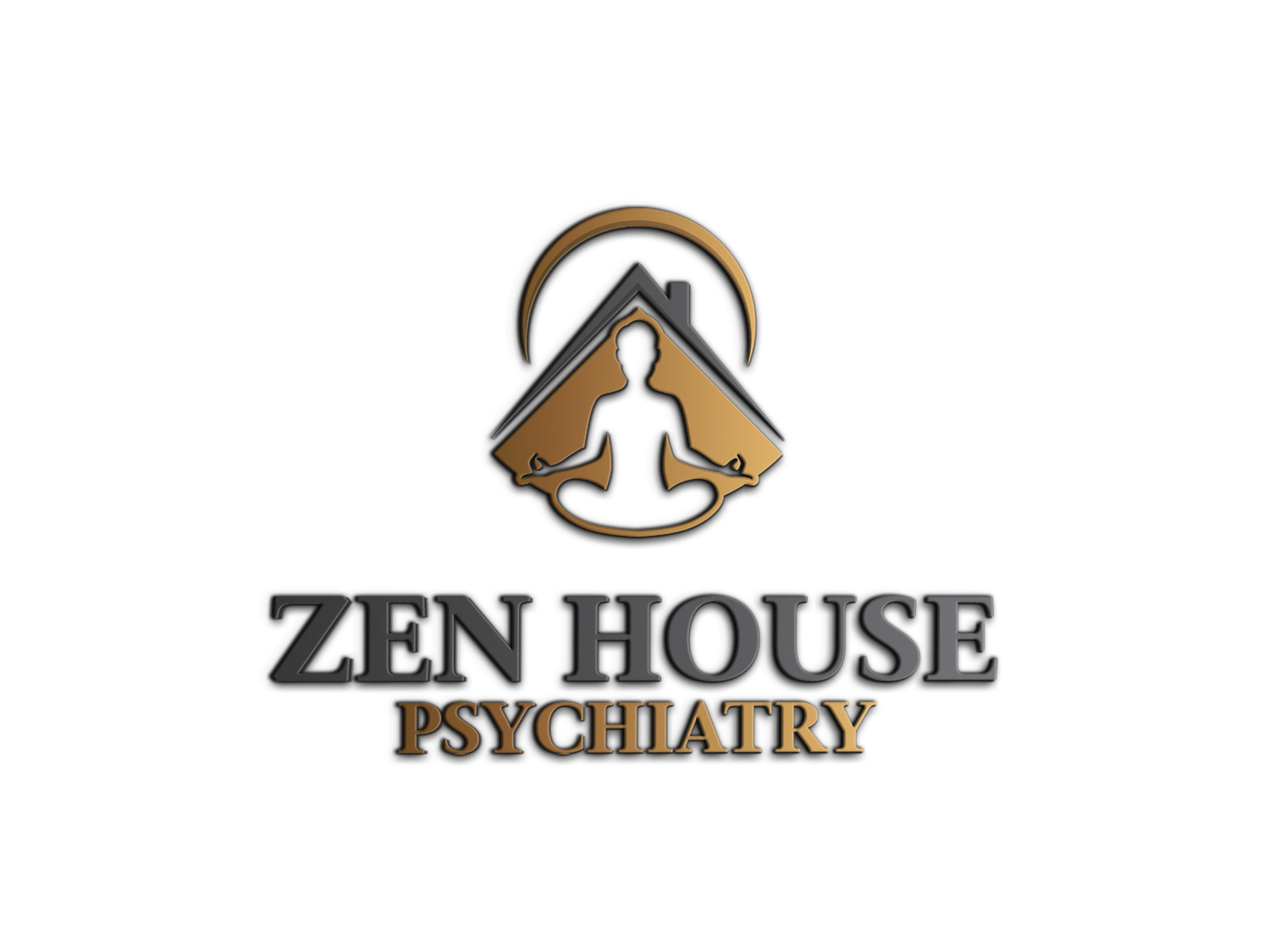What is Telepsychiatry?
Revolutionizing Mental Health: An Overview of Telepsychiatry
Telepsychiatry is a form of healthcare delivery that allows psychiatrists to provide mental health services remotely using telecommunications technology. This may include phone calls, video conferencing, or secure messaging systems. Telepsychiatry has become increasingly popular in recent years due to its convenience, accessibility, and cost-effectiveness. It is particularly useful for people who live in rural or remote areas, have mobility issues, or have difficulty accessing traditional in-person mental health services.
Telepsychiatry sessions are typically conducted in a private and secure setting, and patients may participate from the comfort of their own homes or another private location. The technology used for telepsychiatry sessions can vary depending on the provider and the patient's needs. Some platforms require specific software or hardware, while others can be accessed through a web browser.
One of the main advantages of telepsychiatry is its accessibility. For people who live in rural or remote areas, access to mental health services can be limited or non-existent. Telepsychiatry allows patients to connect with mental health providers from anywhere, regardless of their physical location. This can be especially important for people who are dealing with mental health issues and may have difficulty traveling to appointments.
Another advantage of telepsychiatry is that it can be more cost-effective than in-person mental health services. Traditional mental health services may require multiple appointments, travel time, and other associated costs. With telepsychiatry, patients can often receive the same level of care without incurring these additional expenses.
Telepsychiatry has been found to be just as effective as in-person mental health services for many conditions, including depression, anxiety, and PTSD. Additionally, telepsychiatry has been found to be particularly effective for some populations, including children, adolescents, and veterans.
There are some potential disadvantages to telepsychiatry as well. Some patients may not feel as comfortable with the remote format, and there may be issues with technology or connectivity that could impact the quality of care. Additionally, telepsychiatry may not be appropriate for everyone, particularly in cases where there is a need for immediate or in-person care.
Overall, telepsychiatry is a promising and rapidly growing field that has the potential to greatly increase access to mental health services for many people.


